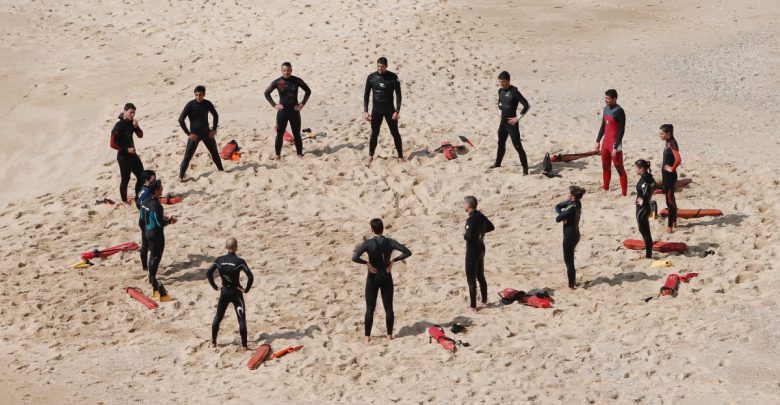learning styles
-
Why did I choose this tool? I chose this model because I have tested it in multiple educative contexts. It works, helps, educates and empowers. Main content: Experiential learning is the main form of youth work and training that we use. In order to develop young people’s independence, creativity, participation, citizenship and other important qualities we have to ‘let them…
Read More » -
Theme-centred interaction is a live-learning method based on an axiom that every person is independent (autonomous) and, at the same time, inter-dependent on the world surrounding him/her. The objective of non-formal education is to enable an individual to be conscious, independent and aware of the interdependencies. The more one person is aware of interactions, conditions and regularities, the easier it…
Read More » -
I struggled with this one. After 17 years of work with various groups – I honestly didn’t have a situation where I (or my colleagues) was in need to identify a person’s specific learning style by using any kind of tool. Most of you are probably aware of VARK model: VARK stands for Visual, Aural, Read/Write, and Kinaesthetic sensory modalities…
Read More » -
Why did I choose this tool? Knowing one’s own preferences in terms of learning styles is an incredible and invaluable source of help in structuring and organizing our learning experiences and therefore the development of the competence to identify learning objectives & pursue them proactively. How does it apply to a trainer? Trainers can get to know themselves and their…
Read More »



